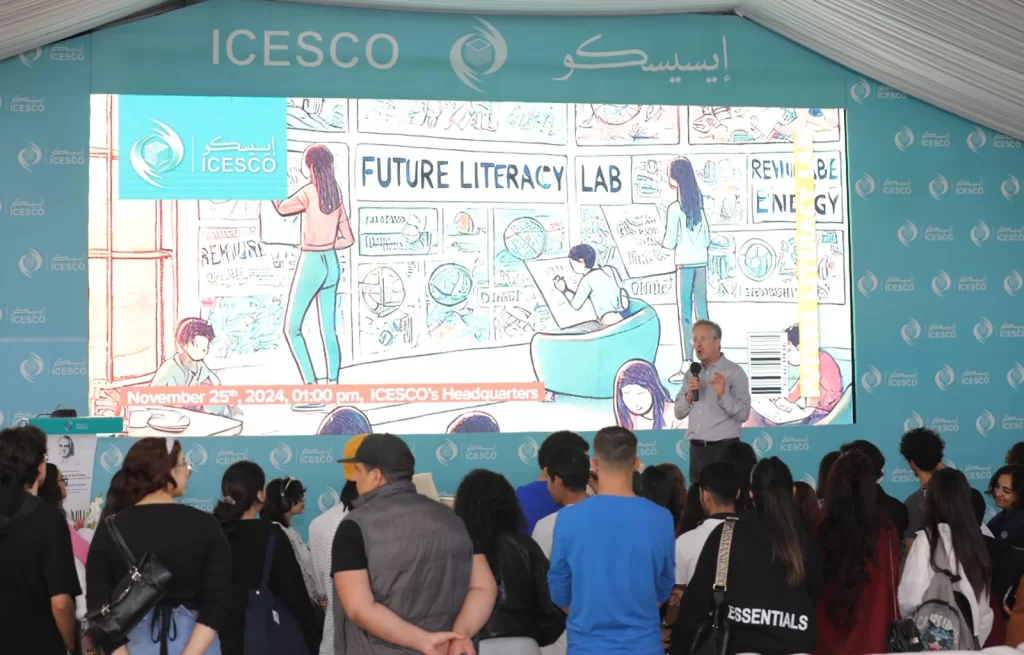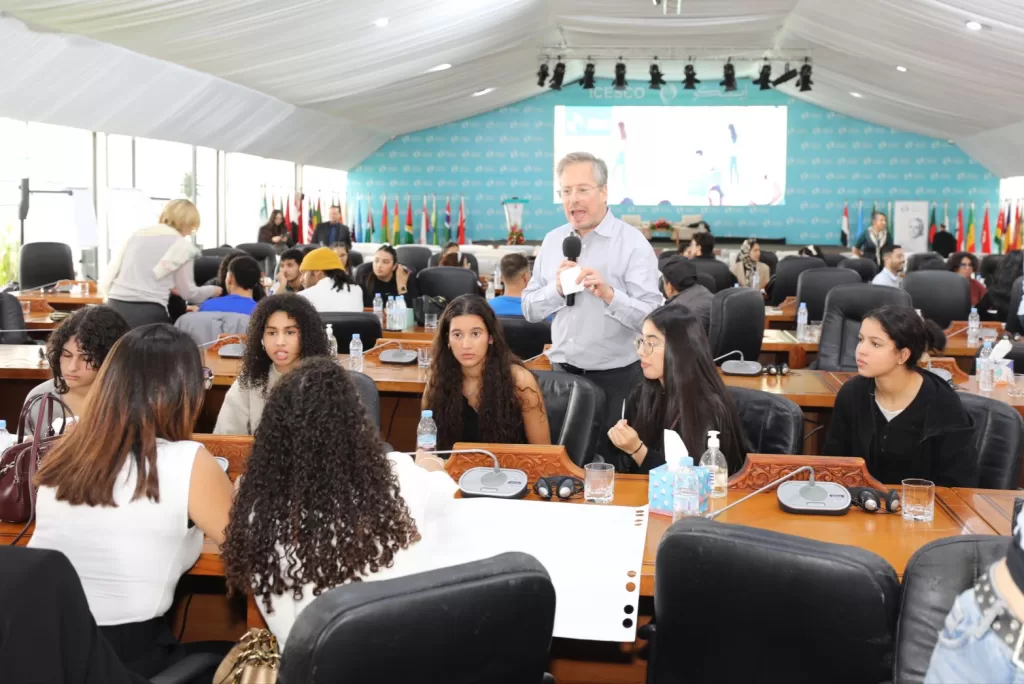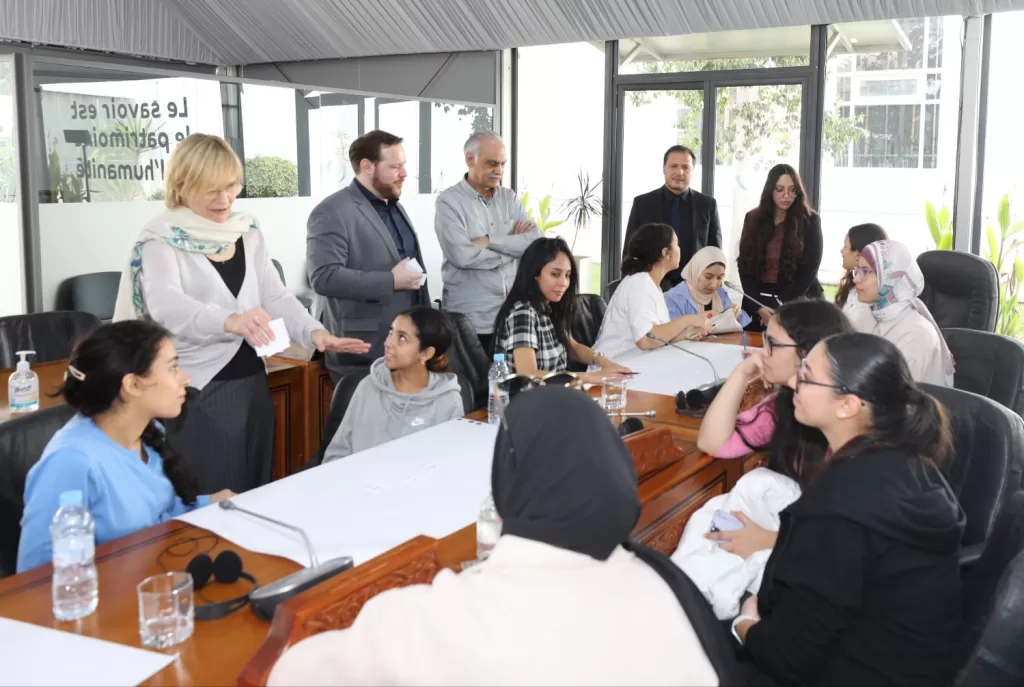
ICESCO Hosts Thinker Ziauddin Sardar and Holds Future Literacy Lab Workshop as Part of its Future Dialogues Series
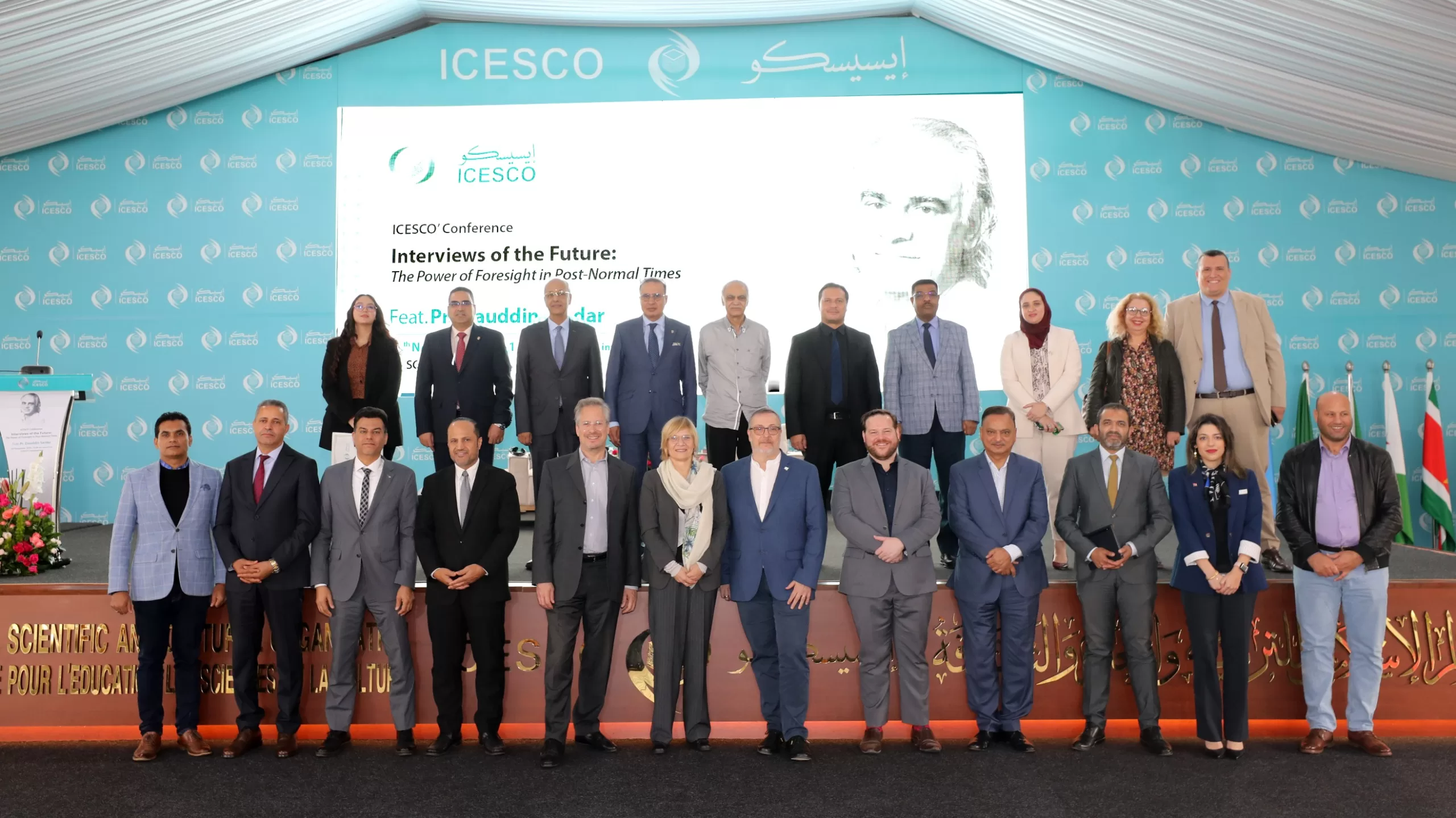
25 November 2024
As part of its Future Dialogues series, the Islamic World Educational, Scientific and Cultural Organization (ICESCO) hosted the fourth session of the series at its headquarters in Rabat on Monday 25 November 2024. The session featured a lecture titled, “The Power of Foresight in Post-Normal Times,” by renowned thinker Dr. Ziauddin Sardar, a specialist in futures studies, cultural criticism, and Islamic thought. The event also included a training workshop, Future Literacy Lab, aimed at university students, researchers, and those interested in futures studies.
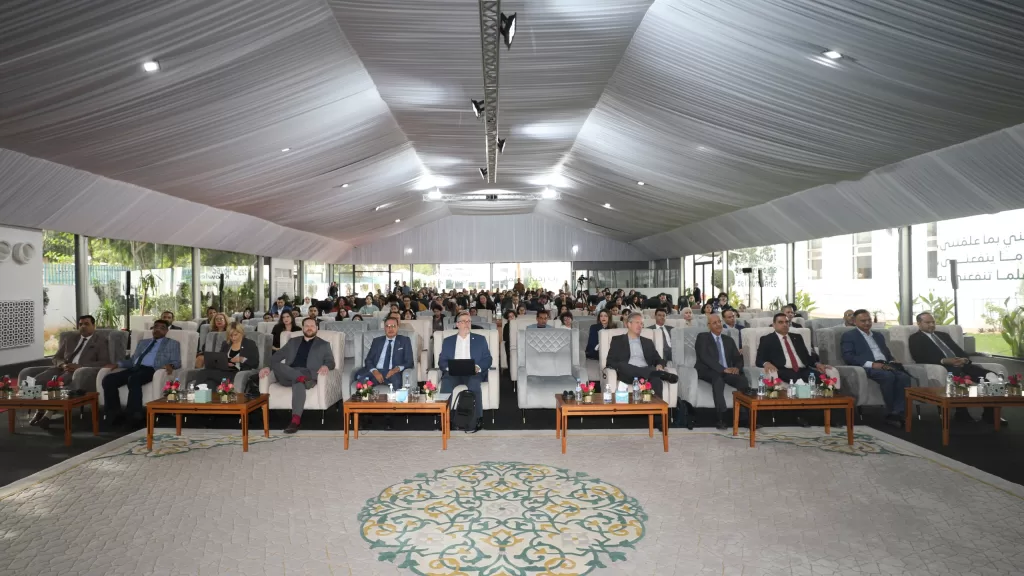
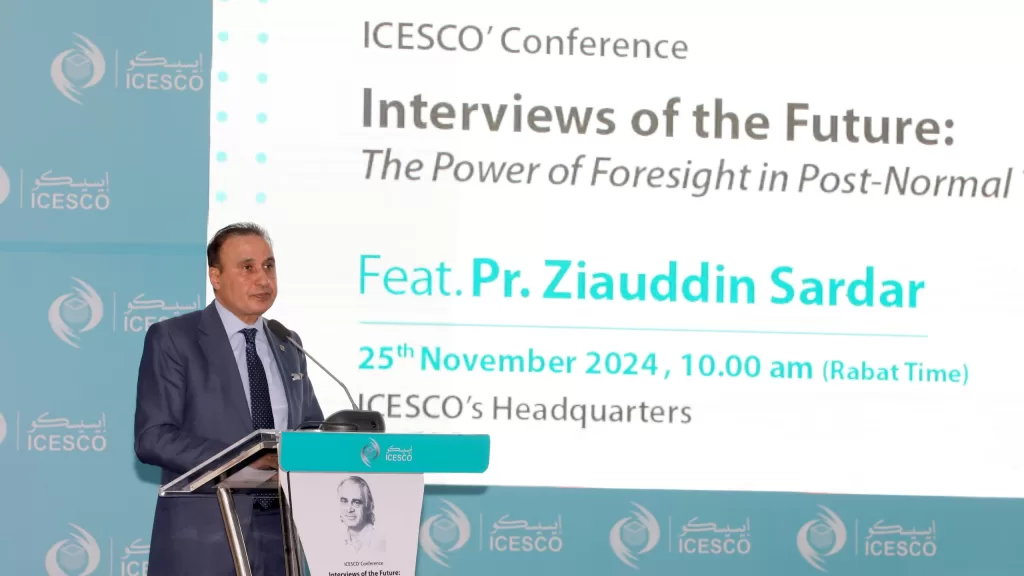
Dr. Abdellilah Benarafa, ICESCO’s Deputy Director-General, opened the session with a welcoming remark, emphasizing the Series’ role in convening distinguished intellectuals and cultural figures to explore critical future-oriented topics in a cross-cultural context. Dr. Benarafa highlighted ICESCO’s efforts to promote foresight culture in the Islamic world and praised the relevance of the lecture’s theme and its insights into the future.
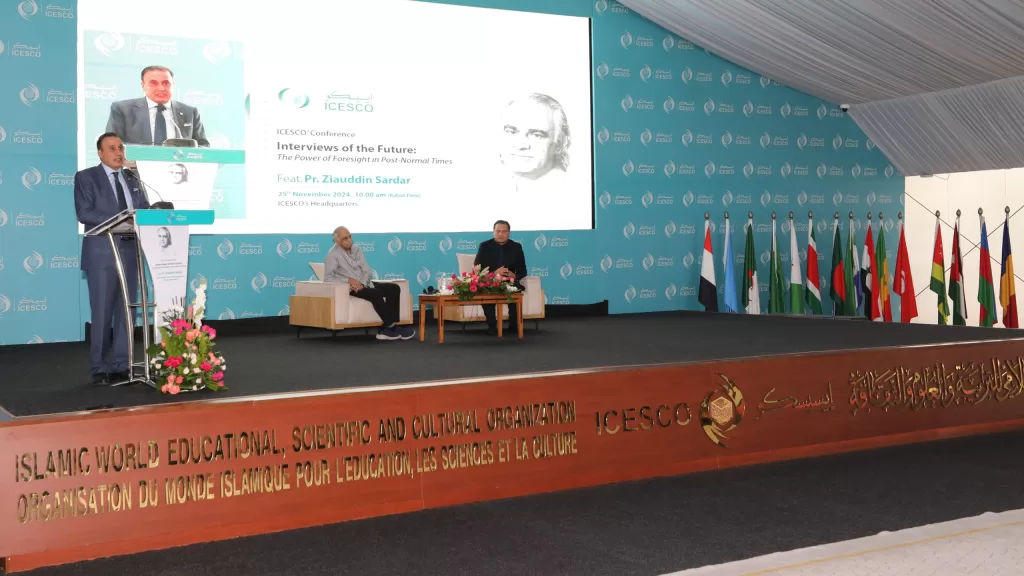
In his lecture, Dr. Sardar examined the defining features of the current era, which he described as “post-normal times,” characterized by profound transformations, including the collapse of traditional paradigms and the emergence of new models.
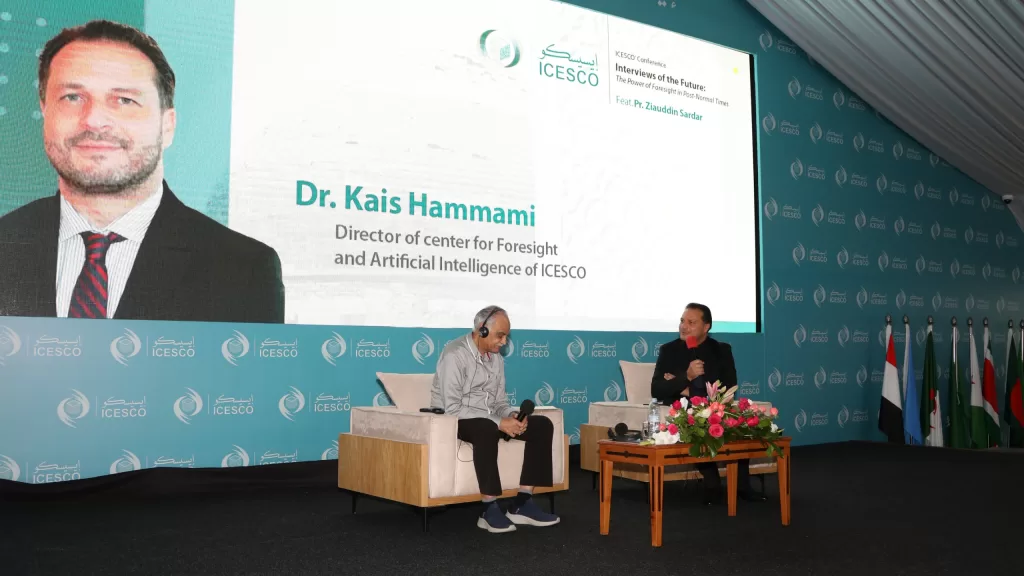
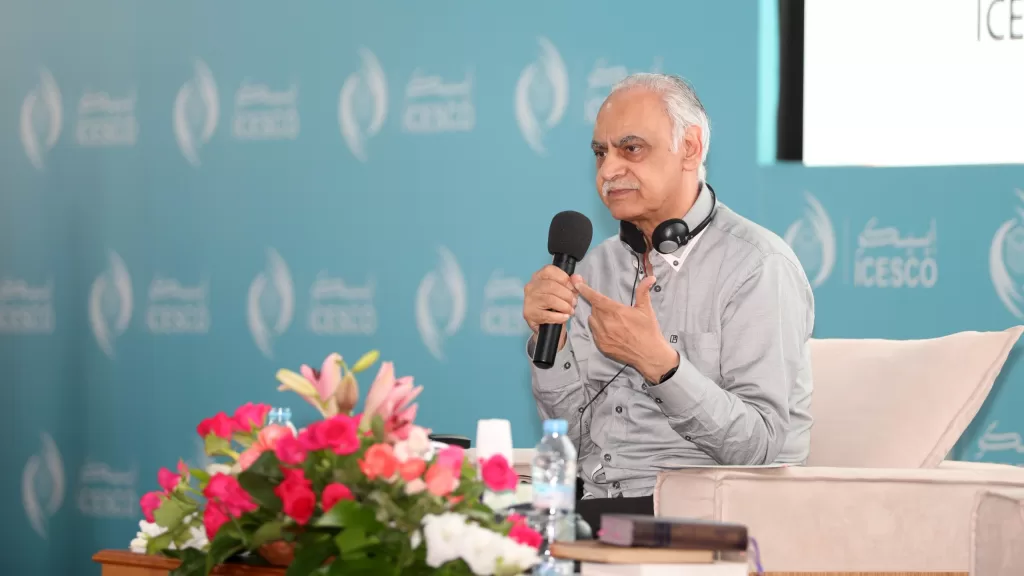
Following, Dr. Kais Al-Hamami, Head of ICESCO’s Center for Strategic Foresight and Artificial Intelligence, posed several questions to Dr. Sardar regarding global changes and the importance of adopting foresight strategies. Dr. Sardar emphasized that forces of complexity, chaos, and contradiction drive the societal shifts defining “post-normal times,” fostering a climate of uncertainty. He cited examples such as accelerated climate change and groundbreaking technological advancements enabling humans to develop capabilities surpassing their own intelligence.
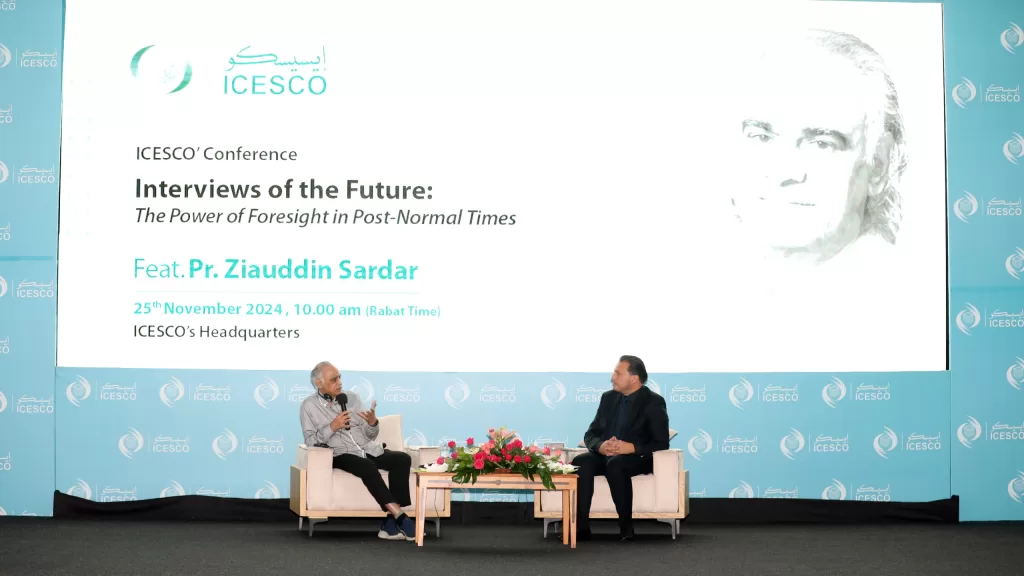
Dr. Sardar underscored the necessity of crafting long-term visions and prioritizing educational reform, advocating for the integration of foresight culture into educational systems across the Islamic world. He also called for a balanced approach that equally values technological progress and ethical considerations.
Additionally, Dr. Sardar addressed the Islamic perspective on the future, stressing the importance of foresight and learning from history. According to Dr. Sardar, many aspects of “post-normal times” are unprecedented in human history, requiring innovative responses. The event concluded with an engaging discussion, during which Dr. Sardar responded to audience questions and comments.
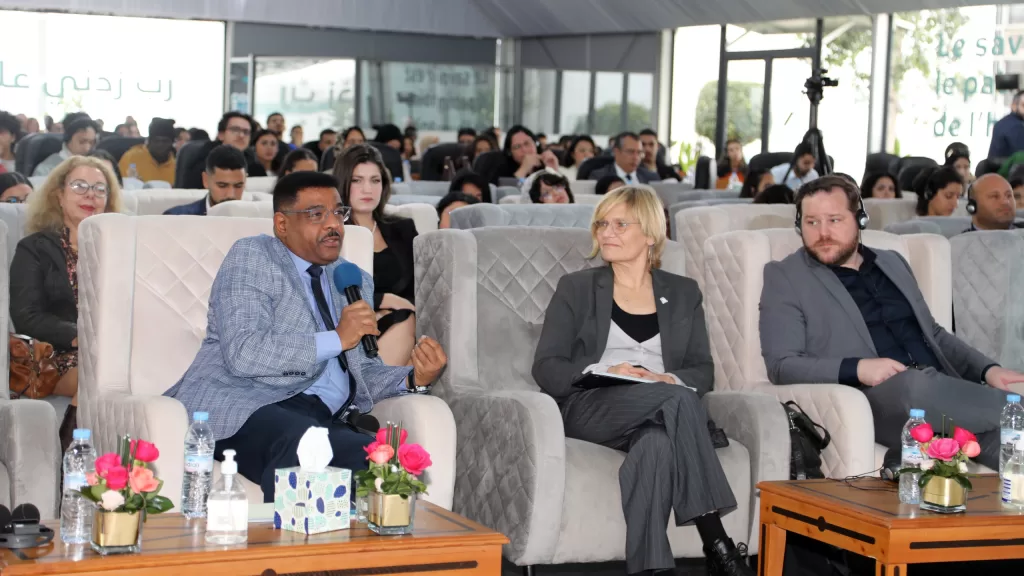
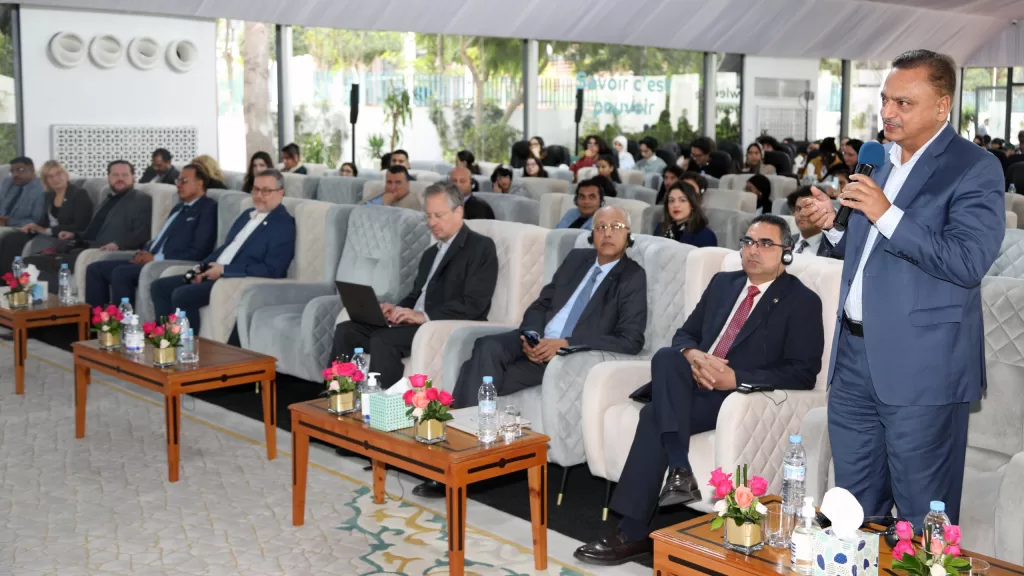
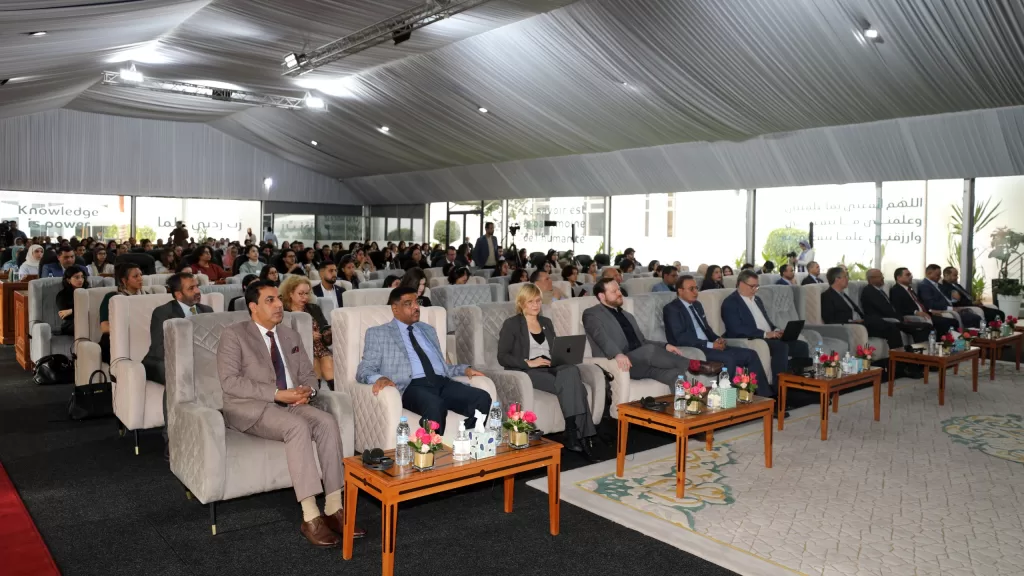
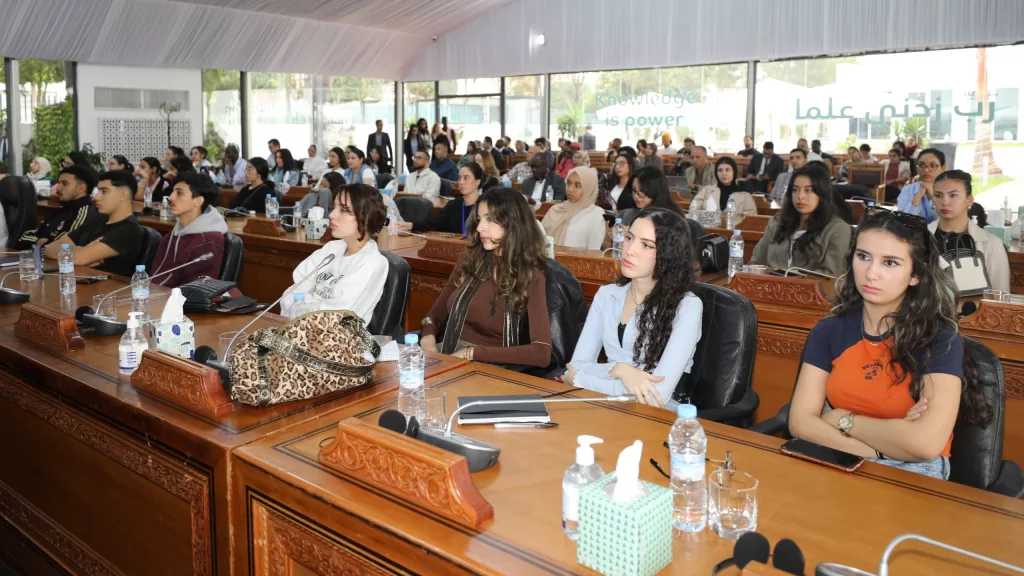
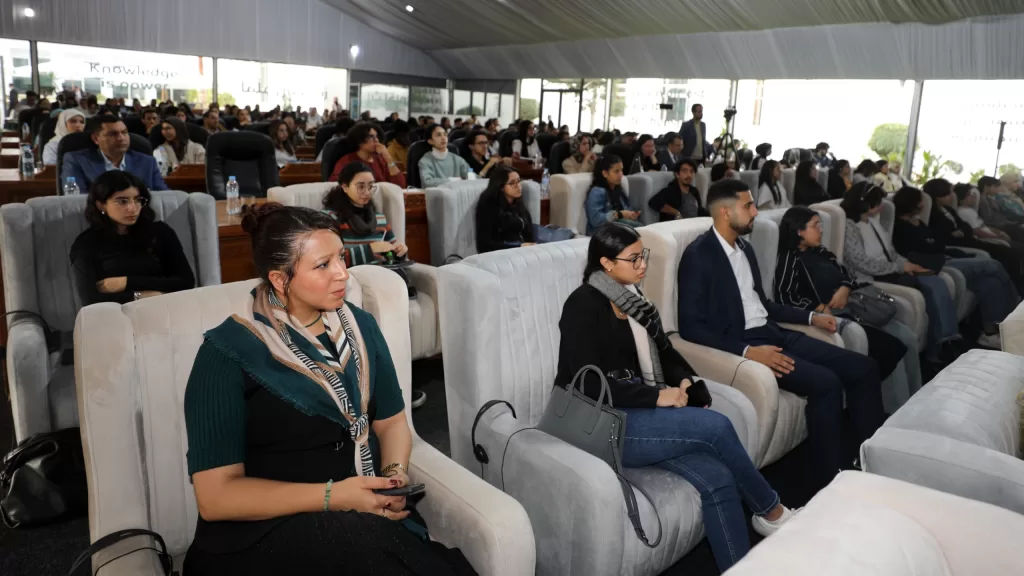
Subsequently, the Future Literacy Lab workshop, led by specialized experts in foresight, provided participants with practical skills in critical and creative thinking, equipping the next generation with tools to actively engage in shaping the future.
